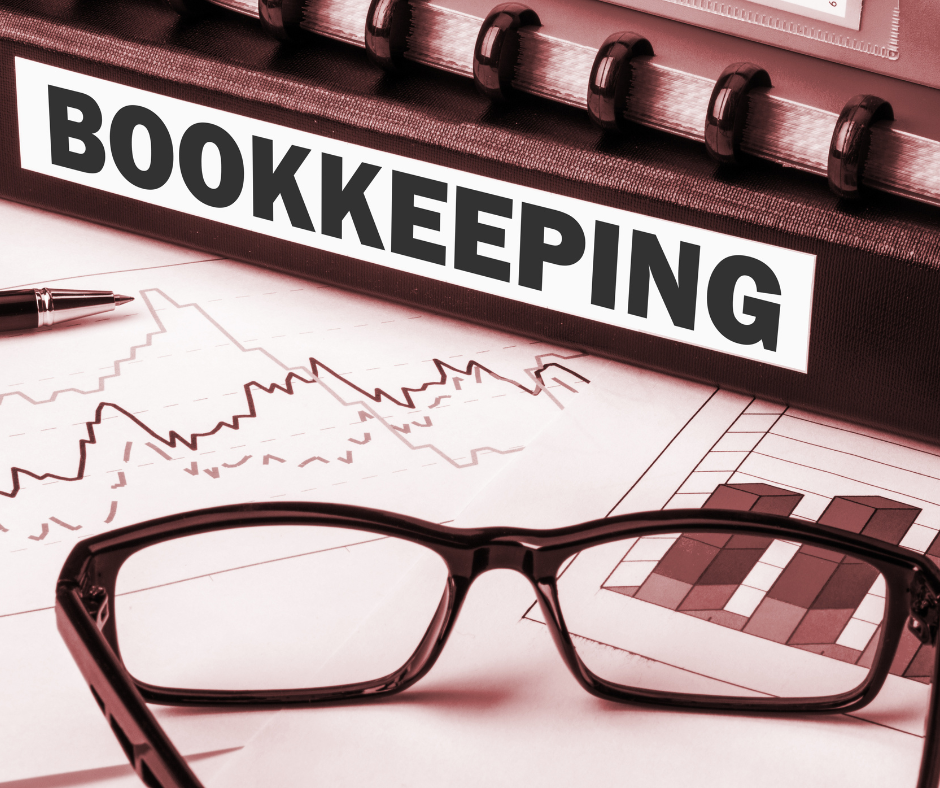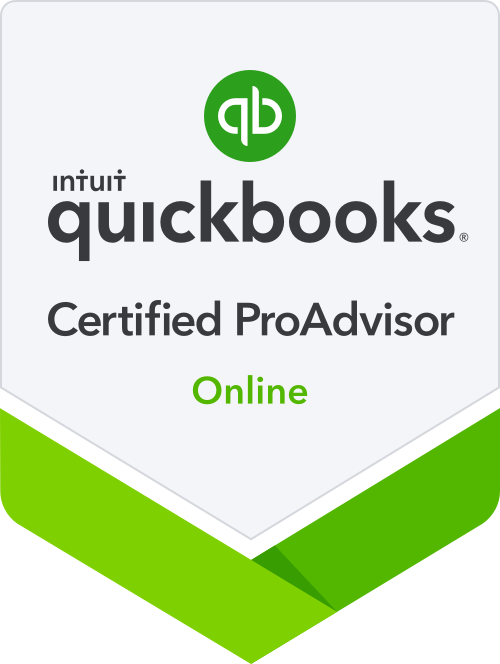How To Get Started with New Business Accounting
Having a small business setup has numerous operational roles. Each of them is as important as the next, be it marketing to your target customers, keeping employees in line, managing accounting and many more. Small businesses frequently lack accounting resources. This is due to the fact that many people do not recognize the value of putting in place a good accounting system.
An accounting system’s main goal is to improve your efficiency and organization while ensuring the accuracy of your books and records. Lack of an accounting system can lead to issues with taxes, reporting requirements, or even just keeping track of your company’s costs.
In this article, we will guide you, as a small business owner, how to get started with Small Business Accounting.
Accounting is not a difficult process; however it is crucial to comprehend the basics before putting the pieces in place.

What is Accounting?
Accounting is the proper handling of day-to-day accounting/finances of a business. It is crucial to operations and so many responsibilities come with it. It may sound overwhelming for someone who is new to this but to put it simply, accounting is the process of tracking, calculating, and analyzing where your business finances come and go.
Here are some tips to get you started:
Get a business bank account
No matter how small your business is, it is important to have a separate bank for your personal and business finances. By doing this, you’re already one step closer to an easier and more organized way of tracking your business’ expenses & income.
Do your research. There are a lot of factors to consider when choosing your business bank account and it would entirely depend on your business’ needs. Some of the key points you should be looking at are:
- How much is the monthly fee?
- Do they offer saving opportunities, deposit insurance?
- Do they offer payroll features, tax programs, loan options, etc.
Pick the right accounting software
Before you start deciding on an accounting software to use, it is vital to understand what capabilities & functionalities you are looking for. The basic ones that you need to consider in your small business should include:
- General Ledger – this is where all the business transactions are recorded (sales, credit purchases, expenses, etc.)
- Reporting features – provides greater insights on what is happening
There are a lot of accounting softwares available that offer a ton of capabilities. The main thing to remember here is if you would utilize all their features. If you are just starting up, it’s best to explore some of the accounting softwares that have entry-level plan offers. A simple program used well is much more effective than an Enterprise level program used poorly.
Arrange your Payroll Services
In some cases, payroll services may be offered when you choose a business bank account or in your accounting software. However, in case it’s not and you plan on hiring employees, you will need to setup a structure when the payroll is going out, how much is being paid for everyone (including you) to ensure that you will be filing the right paperwork.
Here are some of the most affordable & comprehensive Payroll Softwares for Small Businesses:
- Gusto
- Unlimited payroll runs
- State tax registration
- Local, state, and federal payroll tax filing
- International contractor payments in over 80 countries
- Automatic tax calculations
- Time tracking synced with payroll
- Direct deposits
- Paychex
- Run payroll online with our payroll software for small business
- Automatically calculate, pay, and file payroll taxes
- Allow your employees to initiate self-service actions
- Onpay
- Intuitive payroll in the cloud
- Automated taxes.
- Accuracy guaranteed.
- Built-in HR and benefits
- Expert support
Ranging from $36 – $45 per month, you can simplify payroll, from Setup To Service and Support.
Be Familiar with Taxes & How they work
Taxes are mandatory money collected by the government to fund government operations. These days there are so many taxes we pay such as:
Income taxes: You’ll claim taxes on your personal tax return for the majority of small businesses. In the US, unless you file as a corporation, this is the situation. The only type of business structure that taxes its shareholders individually is a corporation. Therefore, it’s crucial for legal reasons that you withhold taxes from your revenue if you aren’t a corporation in order to be able to pay them when needed.
Sales tax: It is your responsibility to charge clients the correct percentage of sales tax based on your place of business for each good or service you sell
Import taxes: These apply if you’re selling goods purchased from outside the country.
Even though these are all entirely depending on your business, it is important that you, as a business owner understand your tax requirements. Even though there are a bunch of softwares that are now capable of automating taxes for you, having a basic understanding of taxes empowers you to make wise choices in managing your small business.
Regardless of how you choose to work with your taxes, here 2 things you NEED to know:
- The Tax Deadline – this is pretty straightforward. Who would want to miss their deadlines and pay extra fees?
- Your Tax Filing Status – this determines which bracket you belong to and what kinds of tax benefits / deductions are accessible to you
Manage Cash Flow (Income / Expenses)
Effective management of cash flow is critical to your business’ growth. Controlling your business’ income and expenditure ensures you always have required cash to run your day-to-day business cost.
This boils down to supervising 2 major aspects: Customers & Suppliers.
To maintain a healthy cash flow, you must make sure that your customers pay you on time and in full.
To help with that, you should:
- Create a credit policy that outlines your usual conditions of payment.
- Send out bills on time, follow up on unpaid balances frequently, and make sure clients pay you on time.
- For major contracts, discuss deposits or phased payments.
- Keep your relationship with your clients positive so you may spot any warning signals of difficulty early and spot prospective cash flow issues.
For suppliers, you can request a longer credit term from your vendors. Incentives for large or regular orders from your suppliers may be quite helpful, but be sure there is a market for the orders you are placing.
Bank Reconciliation
What Does Reconciling a Bank Account Mean?
Reconciling means comparing your bookkeeping records to your bank statements to make sure that every transaction is recorded and correcting any discrepancies or errors you find.
This is a crucial responsibility and is often left out by small business who use “Bank Statement Accounting”. Ie If there is more cash in the account at the end of the month than the beginning, I’m doing okay.
If you discover a transaction on your bank account that isn’t reflected in your business records, it’s possible that someone is stealing funds from your account, or that they altered a check you wrote and made a larger payment to themselves than was agreed. Reconciling your accounts will help you catch fraud sooner than later.
There are also times when you might fail to enter a transaction in your records, but you are reminded when it appears on your statement. Reconciliation can assist you in keeping track of your accounts so it should be done regularly.
If you see your business is thriving and doing your own accounting isn’t the most efficient use of your time anymore you may consider hiring professionals to do it for you (CPA, Bookkeeper, Accountant) or even better, upgrade to a more extensive software that can do the accounting for you.
Here are the top 3 Accounting Softwares:
Freshbooks – Popular cloud-based accounting tool FreshBooks was created with small business owners in mind.
The package includes several capabilities, including invoicing, cost tracking, time tracking, a variety of company reports, and even the ability to accept credit card payments. Additionally, it has a user-friendly interface designed for non-accountants. Learn more of their prices here.
Quickbooks – In the realm of accounting and bookkeeping, the name QuickBooks is instantly recognizable. It is owned by Intuit, a company that offers a variety of services for both small and large businesses. Additionally, there are several distinct versions of QuickBooks, ranging from desktop editions to the immensely popular Online edition. Learn more of their prices here.
Xero – In recent years, Xero has significantly expanded its cloud-accounting services, and as a result, it now offers a user-friendly package that can be customized to meet the demands of small business owners, accountants, and bookkeepers equally. It offers a straightforward dashboard design that enables numerous users to access its many and varied features. Due to various additional functions, such as spending and project monitoring, the accounting package is even more exciting! Learn more of their prices here.
You’re now ready to take charge of your accounting demands! You’ve already started your own business, so you should be driven and able to accomplish much more.
All of these, from choosing the correct type of bank account to figuring out how much you’ll earn, will help your business succeed both now and as it expands. Be sure to be systematic in every approach & keep yourself up to date. Stay on top of the ever-evolving financial trends that affect your business. Lastly, you can make use of our consulting service if you require more assistance to handle this matter.











